Deadly Land Dispute Results in Four Fatalities, Nine Receiving 30-Year Sentences
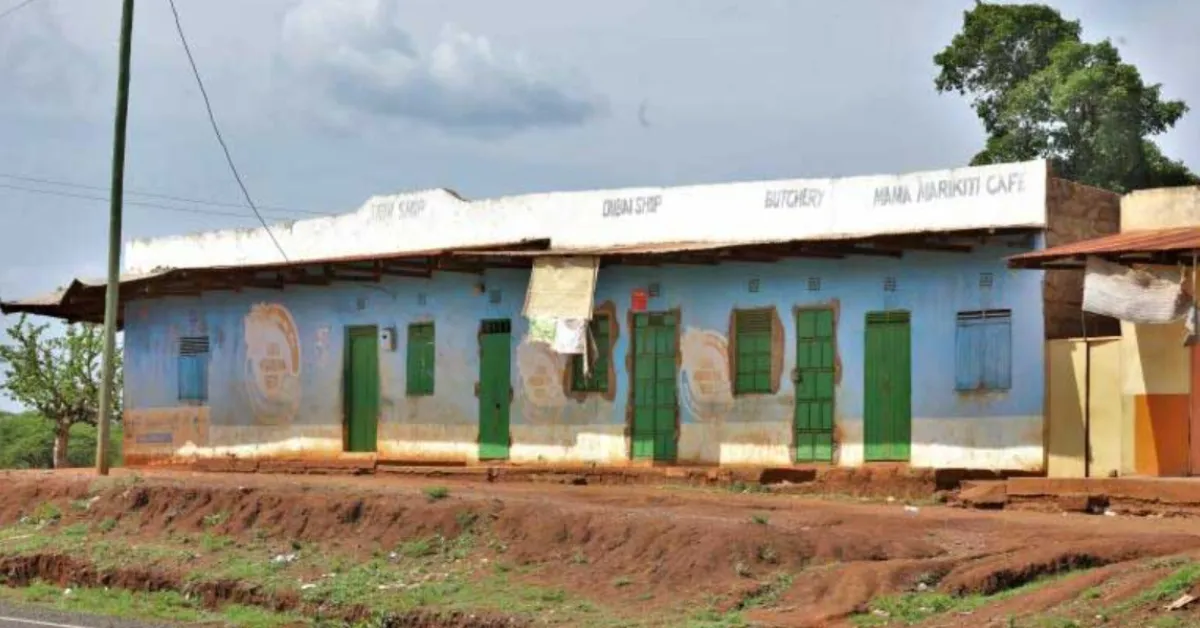
In April 2019, a violent eruption in the tranquil Kamaindi village, Tharaka Nithi County, resulted in the deaths of four individuals and the subsequent sentencing of nine people to 30 years in prison.
The immediate trigger for the violence was a dispute over access to the waters of River Thuci, which exposed deep-seated tensions and grievances within the community. The unrest began in December 2018 with the disappearance of Gitonga Kibuibe, a local resident who vanished while tending to his livestock near the river.
The discovery of bones believed to be his remains did little to quell the rising anger and mistrust among villagers, as no arrests were made in connection with his disappearance. The situation escalated when Gikware Mukengu, brother of the village chief, diverted the river and restricted local access to its water through his property, exacerbating existing tensions and setting the stage for the violent confrontations that would follow.
On April 30, 2019, the simmering tensions boiled over. Village chief Josphat Mayau Mukengu was summoned to his brother Gikware's homestead to mediate a dispute involving trespassing goats. The mediation quickly devolved into a violent confrontation, during which the chief was attacked by an angry mob.
Chief Mukengu sustained fatal injuries from stones and machetes. Gikware Mukengu, who witnessed the attack from within his locked house, recounted the harrowing scene to authorities. The chief's murder sent shockwaves throughout Kamaindi village and prompted a swift response from law enforcement.
Investigations led officers to Embu Town to apprehend David Ikaba, a businessman implicated in the case. The attempted arrest turned violent, leading to the deaths of both Ikaba and the Chuka Officer Commanding Station (OCS), Joseph Kinyua. Workers loyal to Ikaba, armed with axes and sticks, clashed with the police, further deepening the tragedy.
In the aftermath of these events, General Service Unit (GSU) officers were deployed to Kamaindi village to restore order. The violence was attributed to long-standing land disputes and unresolved grievances. Frustrated locals expressed their dismay over the lack of timely intervention by authorities to address the underlying issues.
The subsequent court proceedings resulted in the conviction of nine individuals, each sentenced to 30 years in prison for their roles in the violence.


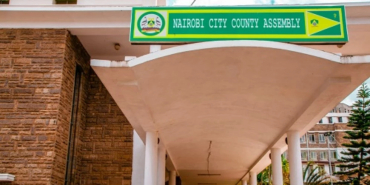
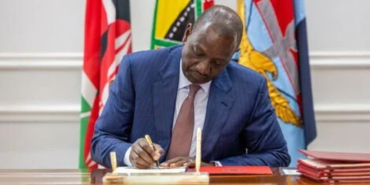


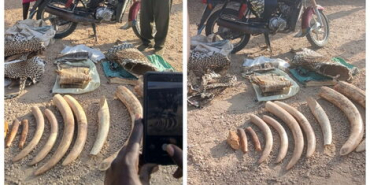


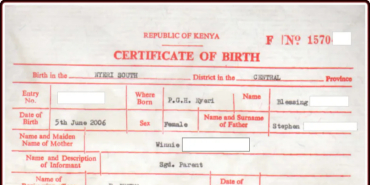




Add new comment